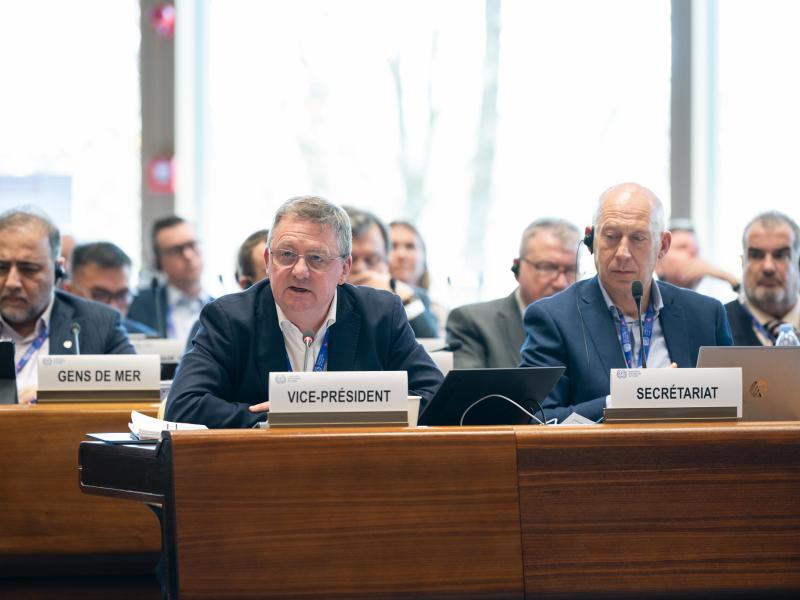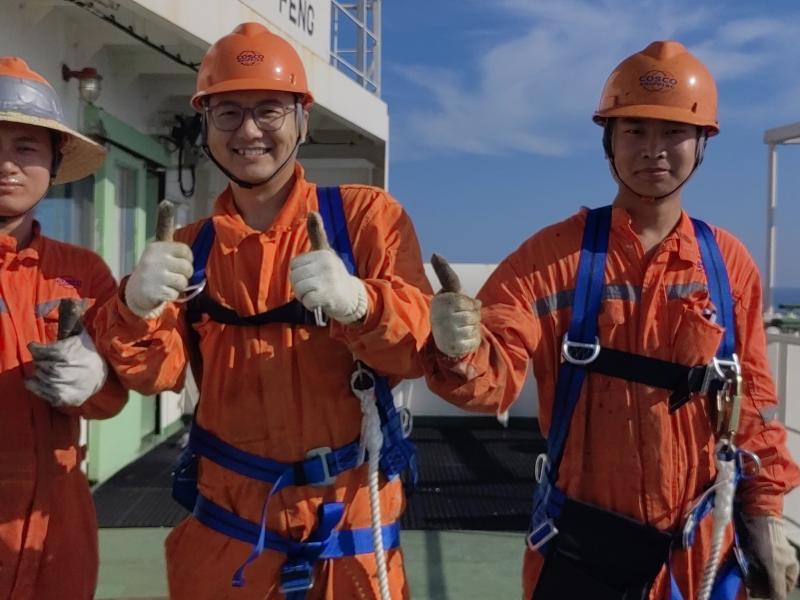LONDON, BRUSSELS, GRÄFENHAUSEN — After weeks of striking, around 60 truck drivers at the Gräfenhausen rest area in Germany have won their battle against Polish consortium Lukmaz, Agmaz and Imperia.
The drivers, who are mostly from Uzbekistan and Georgia, have collectively won back over €300,000 in wages owed to them following their five-week wildcat strike.
Today, the drivers achieved a major victory, signing an agreement with the Polish company that commits the company to paying drivers all their outstanding wages and to drop all current and future charges against the drivers. The drivers have also committed to hand over the keys of all vehicles 12 hours after receiving their payments.
“The Gräfenhausen strike exposed the rampant subcontracting and illegal practices and violations of basic human and labour rights that plague the European road transport industry – particularly for migrant truck drivers,” said Livia Spera, General Secretary of the European Transport Workers’ Federation.
“This must be a wakeup call for European institutions and Member States to immediately introduce measures and actions that guarantee drivers’ decent rates of pay and protections that preserve their safety.”
Edwin Atema, from Dutch trade union FNV, who is on the ground at Gräfenhausen said: "These drivers showed Europe and the world what is going on in this industry. These drivers were treated like animals, or easy prey, by this company – but they’ve fought back like a pack of lions and won this dispute. Drivers like this are changing the industry."
This win also comes after unions supporting them called on multinational companies contracting Lukmaz-Agmaz and Imperia for road transport services, and European institutions, to take accountability for blatant violations of workers’ rights in their supply chains and on European roads.
According to the German Act on Corporate Due Diligence Obligations in Supply Chains, which came into effect in 1 January 2023, multinational corporations must take responsibility for mitigating and preventing violations of human and labour rights and ensuring compliance with rules and regulations in their road transport supply chains.
“The striking Gräfenhausen drivers have made clear to multinationals at the top of supply chains that they can no longer ignore the problems in European road transport,” said Stephen Cotton, General Secretary of the International Transport Workers’ Federation (ITF).
“Companies have a choice – they can either cooperate with unions and their affiliates associations to monitor their supply chains and remedy abuses, or they will experience more disruptions like this one, which will undoubtedly grow in intensity.”
The drivers' militant action did not go unnoticed, receiving widespread press coverage as well as support from trade unions, civil society organisations, Members of the European Parliament and national politicians.
“I send our collective thanks to all the unions and organisations in Germany, across Europe and throughout the world that stood in solidarity and supported these courageous drivers – including the ETF and ITF affiliates who visited the striking workers and participated in other solidarity actions,” said Frank Moreels, President of the ETF.
“We congratulate the drivers who achieved this victory in the face of threats and intimidation. Their success is a testament to the power of collective action, solidarity and perseverance in the face of exploitation. This win sounds an alarm across the industry to act and eliminate the industry’s dark underbelly or we’ll see more drivers taking similar action to protect their rights,” said Paddy Crumlin, President of the ITF.
Media contacts:ITF: Luke Menzies, +44 7770 728 229, media@itf.org.ukETF: Begüm Boynukalin, +32 478 79 40 53, b.boynukalin@etf-europe.orgFNV: Edwin Atema, +31 6 51610350 (on the ground in Gräfenhausen)
About the ETF: The European Transport Workers' Federation (ETF) represents over 5 million transport workers from more than 200 transport unions across Europe, from the European Union, the European Economic Area, and Central and Eastern Europe, in over 30 countries. The ETF's work is driven by its vision for Fair Transport: quality jobs with safe, reliable transport services for customers.
About the ITF: The International Transport Workers’ Federation (ITF) is a democratic, affiliate-led federation of transport workers’ unions recognised as the world’s leading transport authority. We fight passionately to improve working lives, connecting trade unions and workers’ networks from 147 countries to secure rights, equality and justice for their members. We are the voice of the almost-20 million women and men who move the world.



